It’s not unusual for heating systems to make some noise while running, especially when they first come on for the season. But when sounds become louder, frequent, or unfamiliar, they may point to a deeper issue. Homeowners in Galliano often hear things like banging, screeching, or rattling and wonder if their system is about to fail. While the sound alone may not cause instant worry, ignoring it could turn a simple fix into a bigger problem.
Strange noises can signal anything from loose parts to failing components. Heating systems should run consistently without distracting sounds. If something changes, it’s time to take a closer look. Knowing what the noise might mean gives you a better sense of what to do next and when to bring in our technicians for heating service in Galliano.
Common Types Of Noises And Their Causes
Odd sounds coming from a heating system are your home's way of saying something needs attention. Each type of noise can point toward a different issue. Here are some common noises homeowners in Galliano report and what they usually mean:
- Banging or Popping: This sound can happen when the parts inside your heating system expand or contract. It might also point to dirty burners or an ignition delay in the furnace.
- Rattling: Loose screws, bolts, or ducts could make this kind of noise. It could also mean that a panel isn't tightened properly.
- Whistling: If air is having trouble moving through your system, a clogged filter or closed vent may be the cause. Duct leaks might also cause a whistling sound.
- Screeching or Squealing: These high-pitched sounds are often the result of a worn-out blower motor or fan belt. If left alone, they could lead to bigger issues.
- Clicking: A small amount of clicking during startup is normal. But if you hear constant clicking or if it continues while running, it might point to issues in the electrical controls or ignition system.
An example many homeowners relate to is the banging sound that hits when the heater kicks on. Often, it’s due to ducts expanding from the sudden rush of warm air. But if the banging is repeated or louder than usual, it might not be the ductwork at all. It could be a gas buildup before ignition, which needs immediate attention from our professionals.
Understanding the patterns and meanings behind these noises helps you make better decisions. Identifying the sound early gives you a chance to take care of it before it becomes a more serious heating system breakdown.
Immediate Steps To Take When You Hear Strange Noises
Strange heating system sounds can be disruptive and worrying, but there are steps you can take right away to minimize risk and prepare for repairs.
1. Turn Off the System if Needed
If a sound is sudden, sharp, or very loud, shut off your heating system until the cause can be identified. This helps prevent further damage.
2. Check the Air Filter
A clogged air filter can cause whistling or airflow problems. Swap it out with a new one if it looks dirty.
3. Inspect Vents and Registers
Make sure all vents are open and clear. Closed or blocked vents can create pressure issues, leading to whining or squealing sounds.
4. Listen for the Pattern
Try to identify when the noise happens. Is it during startup, while running, or when turning off? Knowing the pattern can help explain what might be going wrong.
5. Note What Kind of Sound You Hear
Write down or record the noise. That way, when our technicians come in for heating service in Galliano, they can accurately assess the issue based on what you've noticed.
It’s always recommended to refrain from taking things apart yourself. While checking filters or vents is okay, diagnosing or fixing internal parts should be left to qualified technicians. Acting quickly when noises start helps protect your system and avoids bigger problems later.
The next step is knowing what could happen if those noises go ignored. Understanding the risks involved can save you from unexpected trouble during the colder months.
The Dangers Of Ignoring Strange Noises
Letting your heating system continue to run with strange noises can mean bigger trouble down the line. What starts as a loose screw or worn blower belt could turn into something that shuts down the entire system. Small mechanical problems put stress on other parts, leading to even more damage, higher repair costs, or complete failure when you need heat most.
Clanking or banging sounds, for instance, might be caused by a part that's out of line or coming loose. If left alone, it can damage nearby components. Screeching sounds may mean a belt is worn down and about to snap, potentially affecting the blower motor. Even something as small as a rattle can mean a panel isn’t secure, which not only affects heating but can lower system efficiency.
Another concern is safety. Clicking or popping associated with the ignition system should never be ignored. A delay in ignition or gas buildup could pose risks for your home. Whistling may not seem serious at first, but duct leaks or pressure issues can increase energy usage and reduce airflow. Ignoring this leads to uneven heating and discomfort during the cooler months in Galliano.
The longer a problem runs, the more likely it is to cause a breakdown. Beyond comfort, this puts your household budget at risk too. Heating repairs tend to get more expensive when issues grow from something that was preventable. Addressing the sound early keeps your system working properly and helps avoid the surprise of a cold house and an unexpected repair.
How Regular Maintenance Can Prevent Noises
Keeping your heating system in shape through ongoing care can stop many noises from ever starting. Even something as simple as a clogged filter can put enough strain on the blower to make it squeal. During a maintenance appointment, our technicians can catch these issues before they turn into bigger repairs.
Here’s what regular heating maintenance usually includes:
- Inspecting all moving parts to catch wear or friction early
- Tightening loose components to reduce rattling and clanking
- Cleaning ignitors and burners to prevent delayed ignition
- Replacing or adjusting fan belts before they break
- Checking air filters and ductwork for airflow problems or leaks
- Testing electrical connections to reduce constant clicking or startup issues
Think of it like keeping your car tuned up. Taking routine care of the system helps everything run smoother. It also lowers the chance you’ll be startled by an unexpected sound or repair bill. Annual tune-ups make it easier to enjoy quiet, steady heat all season long in Galliano.
Maintenance also gives technicians the chance to catch early signs of bigger issues. This includes things like a burner running too hot or tension in the blower motor. When fixed early, these problems never have the chance to make noise at all, and you don’t have to deal with future disruptions.
Ensuring A Quiet And Efficient Heating System In Galliano
If your heating system has become louder over time or starts making new sounds out of the blue, it’s always best to take action quickly. Unusual noises not only disrupt daily life but are usually a sign that something inside the unit needs attention. The longer it goes unchecked, the more likely it is to become a more expensive issue or cause your system to fail altogether.
A quiet heating system should be expected, not something you hope for. Paying attention to changes in sound, noting their patterns, and scheduling regular checkups gives your system the support it needs to work properly. Comfortable heat shouldn't come with loud banging or rattling.
With regular upkeep, many of these sound-related issues can be avoided entirely. A steady routine of filter changes, part inspections, and component cleaning all work together to keep your system efficient and quiet. For homeowners in Galliano, it’s one of the easiest steps you can take to ensure reliable comfort when the temperature drops.
At Martin's Heating & Air Conditioning, we know quiet and efficient heat makes a big difference at home. If unusual noises have disturbed your comfort, relying on a trusted heating service in Galliano can help catch early issues and keep your system running reliably. Addressing these signs now may save you from costlier repairs later. For a quick estimate or to book a service visit, please contact us today.
Talk to a Local HVAC Expert
Customer Testimonials
Ready to Tranform Your Home?
Contact us today to schedule service or get answers from our knowledgeable team.

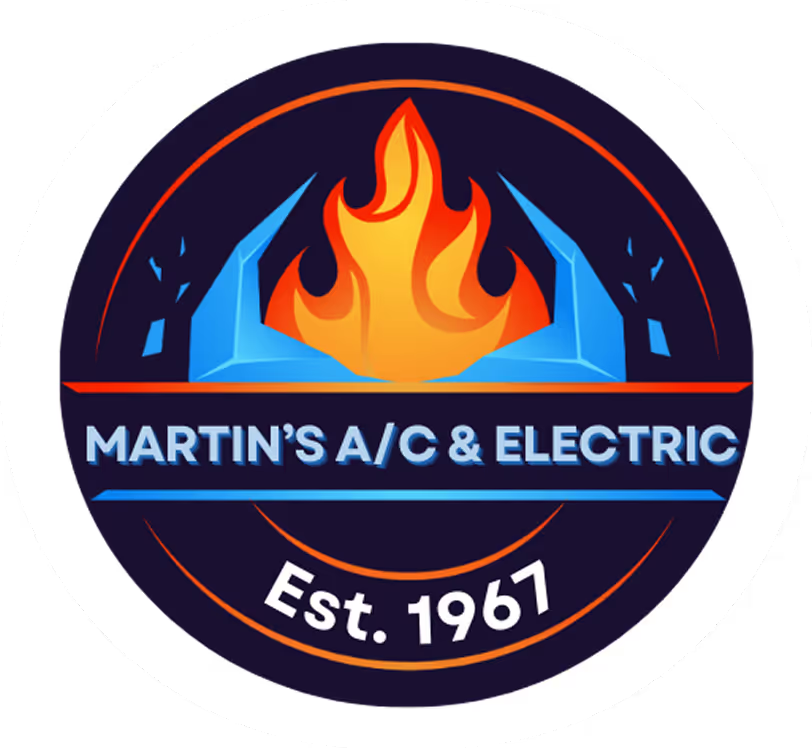
.avif)
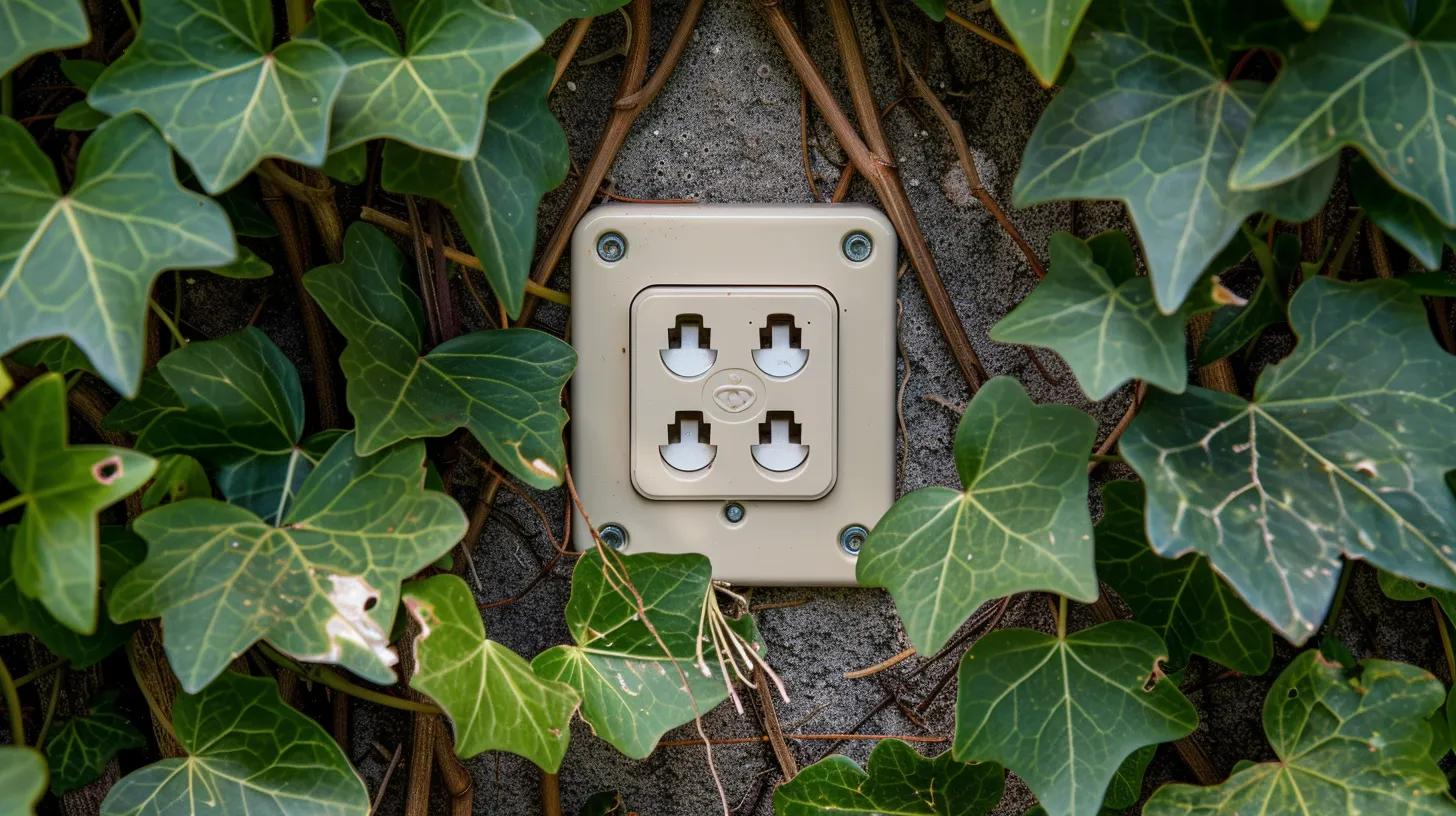
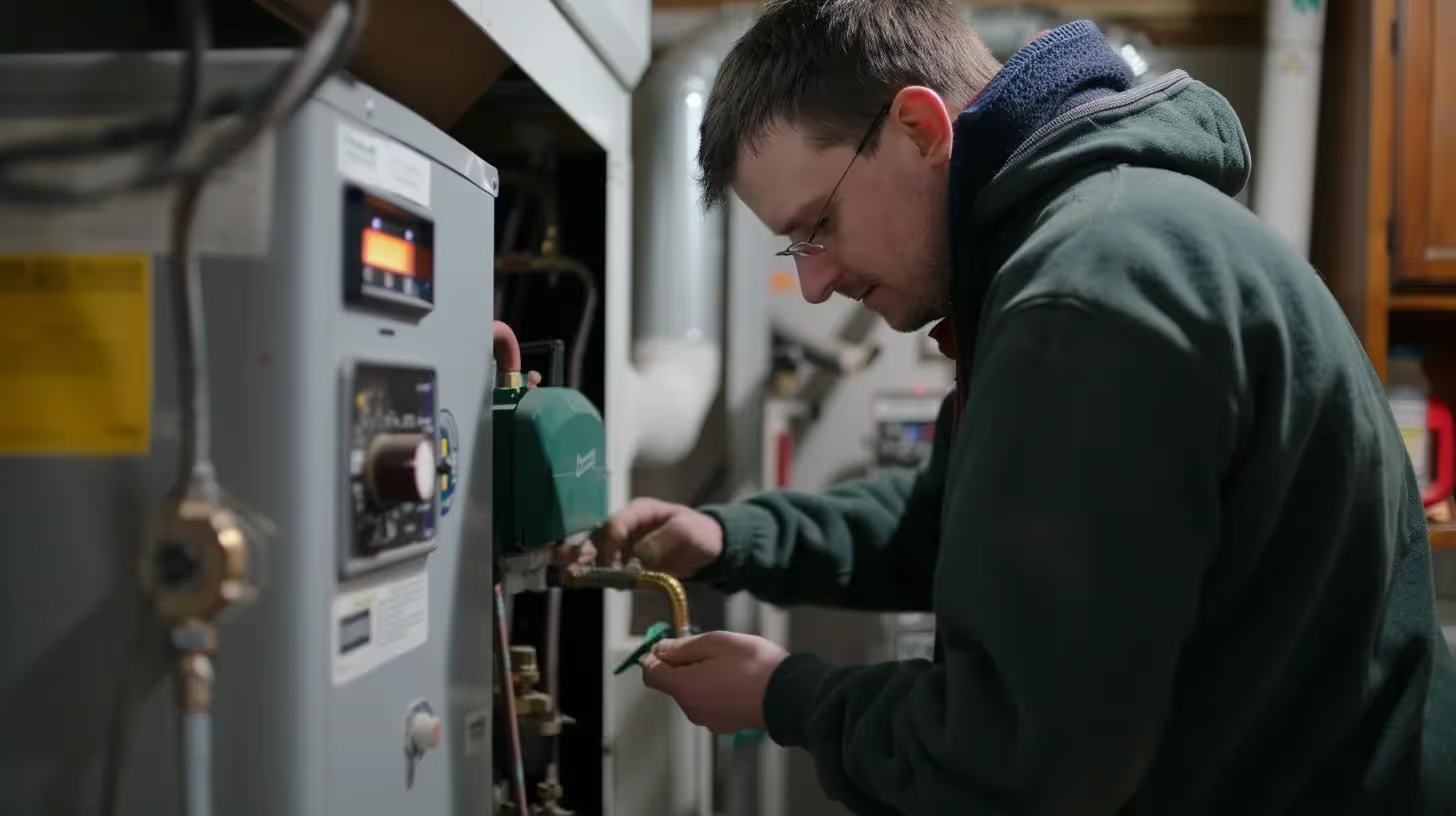
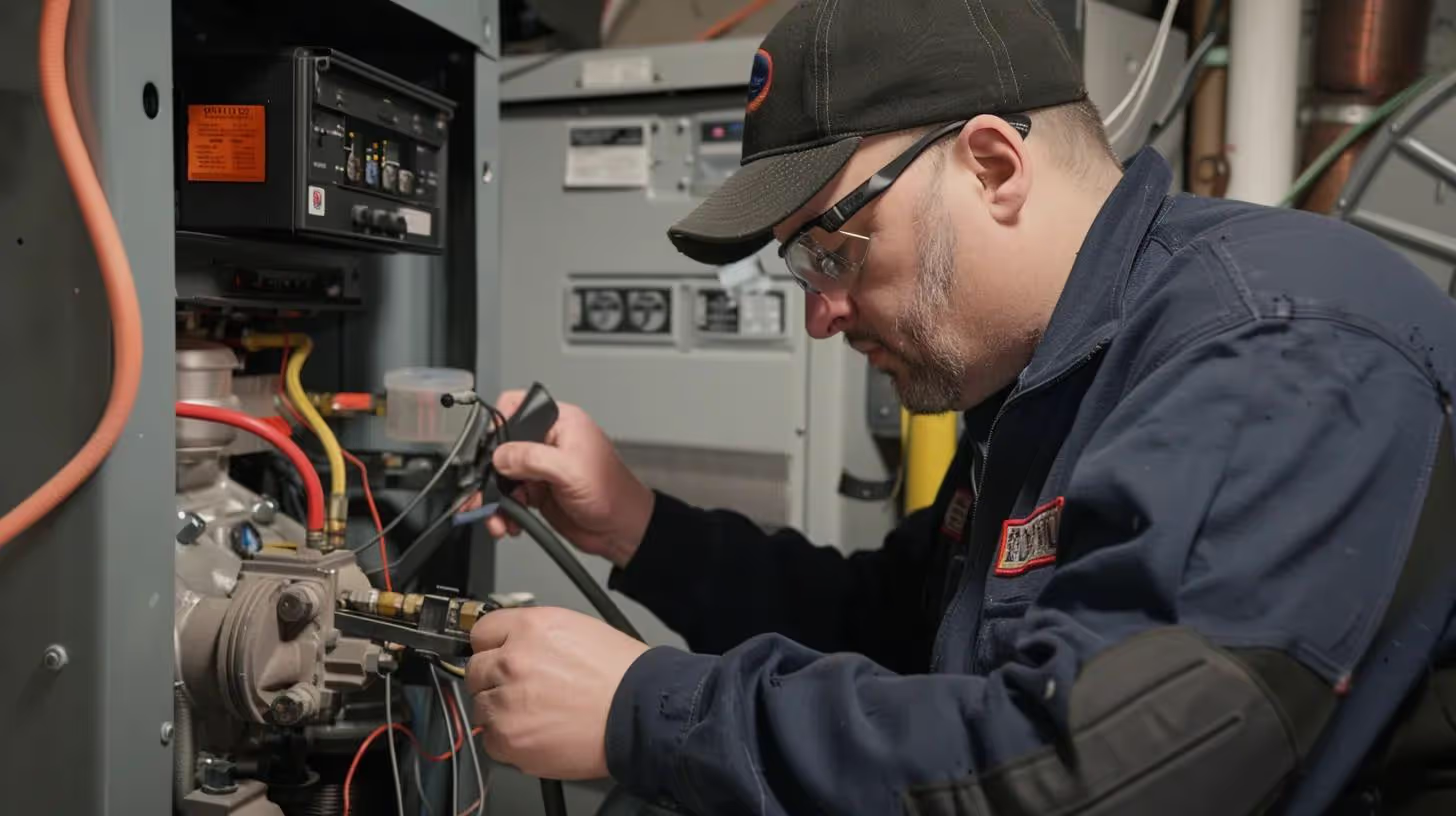
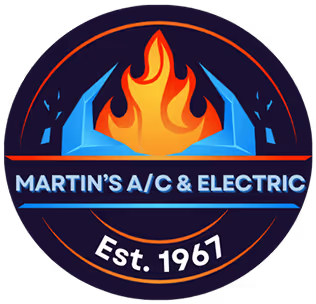
.avif)